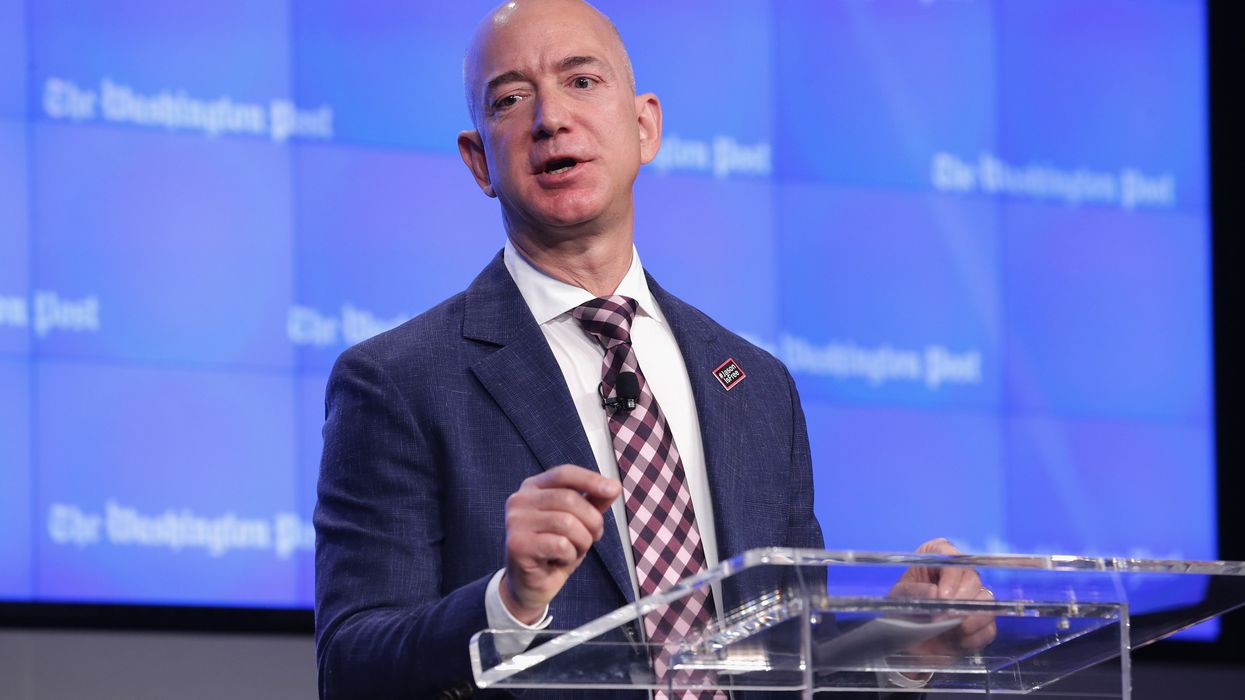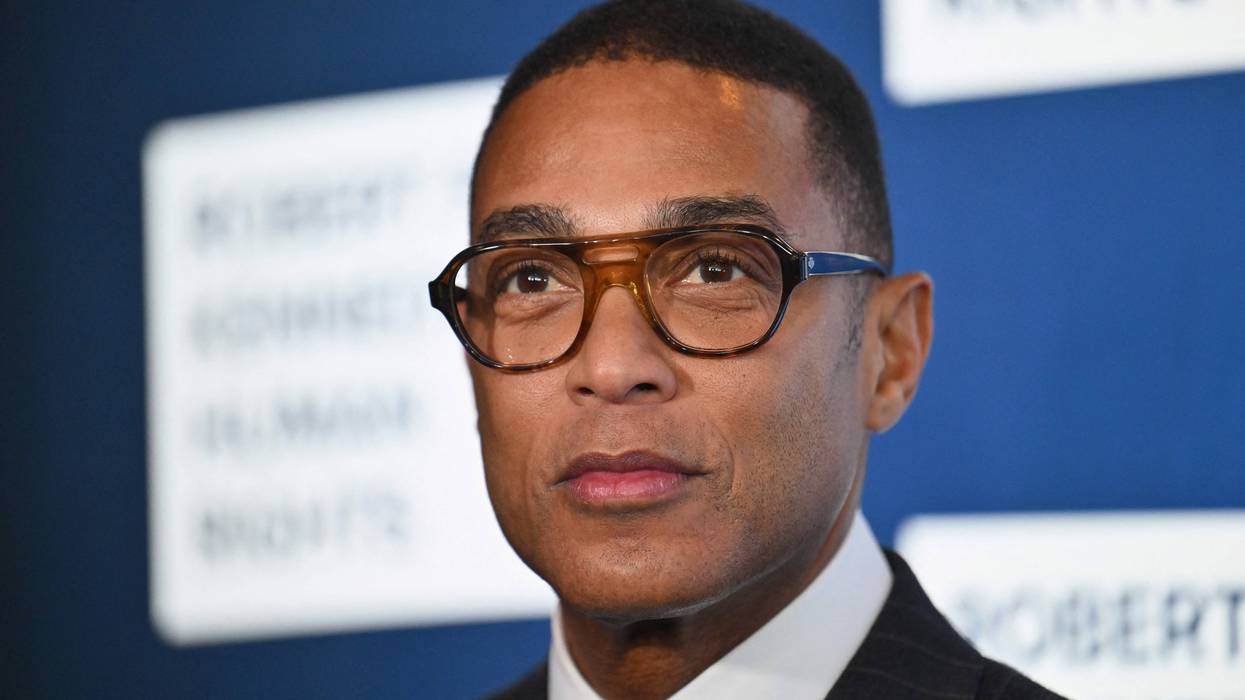Along with Lemon, independent Minnesota journalist Georgia Fort was named as among those detained in a public statement by Bondi, as well as local political candidates Trahern Jeen Crews and Jamael Lydell Lundy.
In a video posted to social media on Friday morning, Fort reported that federal agents were at her door with signed documents they said authorized her arrest.
According to the Associated Press:
Lemon was taken into custody by federal agents in Los Angeles, where had been covering the Grammy Awards, his attorney Abbe Lowell said.
It is unclear what charge or charges Lemon is facing in the Jan. 18 protest. The arrest came after a magistrate judge last week rejected prosecutors’ initial bid to charge the journalist.
Lemon, who was fired from CNN in 2023, has said he has no affiliation to the organization that went into the church and that he was there as a journalist chronicling protesters.
Fellow journalists and free-press advocates swiftly came to defense of the journalists arrested and condemned the Trump DOJ over the arrest.
Seth Stern, chief advocacy officer for the Freedom of the Press Foundation (FPF), said the US government’s "arrests of journalists Don Lemon and Georgia Fort are naked attacks on freedom of the press. Two federal courts flatly rejected prosecuting Lemon because the evidence for these vindictive and unconstitutional charges was insufficient, and Lemon has every right to document news and inform the public. Instead of accepting that humiliating defeat, the government has now doubled down."
The arrests, Stern continued, "under bogus legal theories for obviously constitutionally protected reporting, are clear warning shots aimed at other journalists. The unmistakable message is that journalists must tread cautiously because the government is looking for any way to target them. Fort’s arrest is meant to instill the same fear in local independent journalists as big names like Lemon."
"Reporters in America are free to view, document, and share information with the public. This arrest is a constitutional violation, an outrage, an authoritarian breach, and utterly appalling.” —Lisa Gilbert, Public Citizen
"They arrested Don Lemon. This is horrifying," said Jemele Hill, a staff writer with The Atlantic. "I don’t care what your political beliefs or leanings are, what journalism outlet you represent, this absolutely cannot stand."
Jim Acosta, Lemon's colleague when they both worked at CNN, also condemned the arrest and declared: "The First Amendment is under attack in America!"
“Don Lemon’s arrest is an egregious violation of the 1st amendment," said Lisa Gilbert, co-president of Public Citizen, in a statement. "Reporters in America are free to view, document, and share information with the public. This arrest is a constitutional violation, an outrage, an authoritarian breach, and utterly appalling.”
Prior to Lemon's arrest, a magistrate judge who reviewed the case against the journalist ruled it as insufficient to justify an arrest warrant. But that didn't stop the Justice Department from pursuing the case further.
The New York Times reports:
Mr. Lemon is scheduled to appear in federal court in Los Angeles on Friday morning. Now that he has been arrested, he is likely to challenge the prosecution’s case by arguing that he was not protesting, but rather covering the event as a journalist.
“Once the protest started in the church, we did an act of journalism, which was report on it and talk to the people involved, including the pastor, members of the church and members of the organization,” Mr. Lemon said in a recent video. “That’s it. That’s called journalism.”
“Don has been a journalist for 30 years, and his constitutionally protected work in Minneapolis was no different than what he has always done,” Lowell, Lemon's attorney, said in his statement. “The First Amendment exists to protect journalists whose role it is to shine light on the truth and hold those in power accountable.”
His attorney said Lemon "will fight these charges vigorously and thoroughly in court.”
Victor Ray, an associate professor of sociology at the University of Iowa, said, "I'm not a huge Don Lemon fan, but this is totalitarian nonsense meant to threaten anyone who reports on the regime's horrors."
FPF's Stern said the targeting of journalists is even more reason for the others in the profession to stand firmly against the Trump administration's growing authoritarianism and intimidation tactics.
"The answer to this outrageous attack is not fear or self-censorship. It’s an even stronger commitment to journalism, the truth, and the First Amendment," he said. "If the Trump administration thinks it can bully journalists into submission, it is wrong. We’ve recently seen that even in the Trump era, public pressure still can work. It’s time to do it again. News outlets across the political spectrum need to loudly defend Lemon’s and Fort’s rights. Journalists are not making themselves the story, Trump is."
In a joint statement, the leaders of the Not Above the Law coalition, condemned the arrests and blamed Trump directly the DOJ's assault on press freedom.
“A president who censors and targets journalists attacks every American’s constitutional rights," the statement declared. "These charges must be dropped, and Congress must hold the Trump administration accountable for its systematic attacks on press freedom. A free press is non-negotiable for a functioning democracy.”




